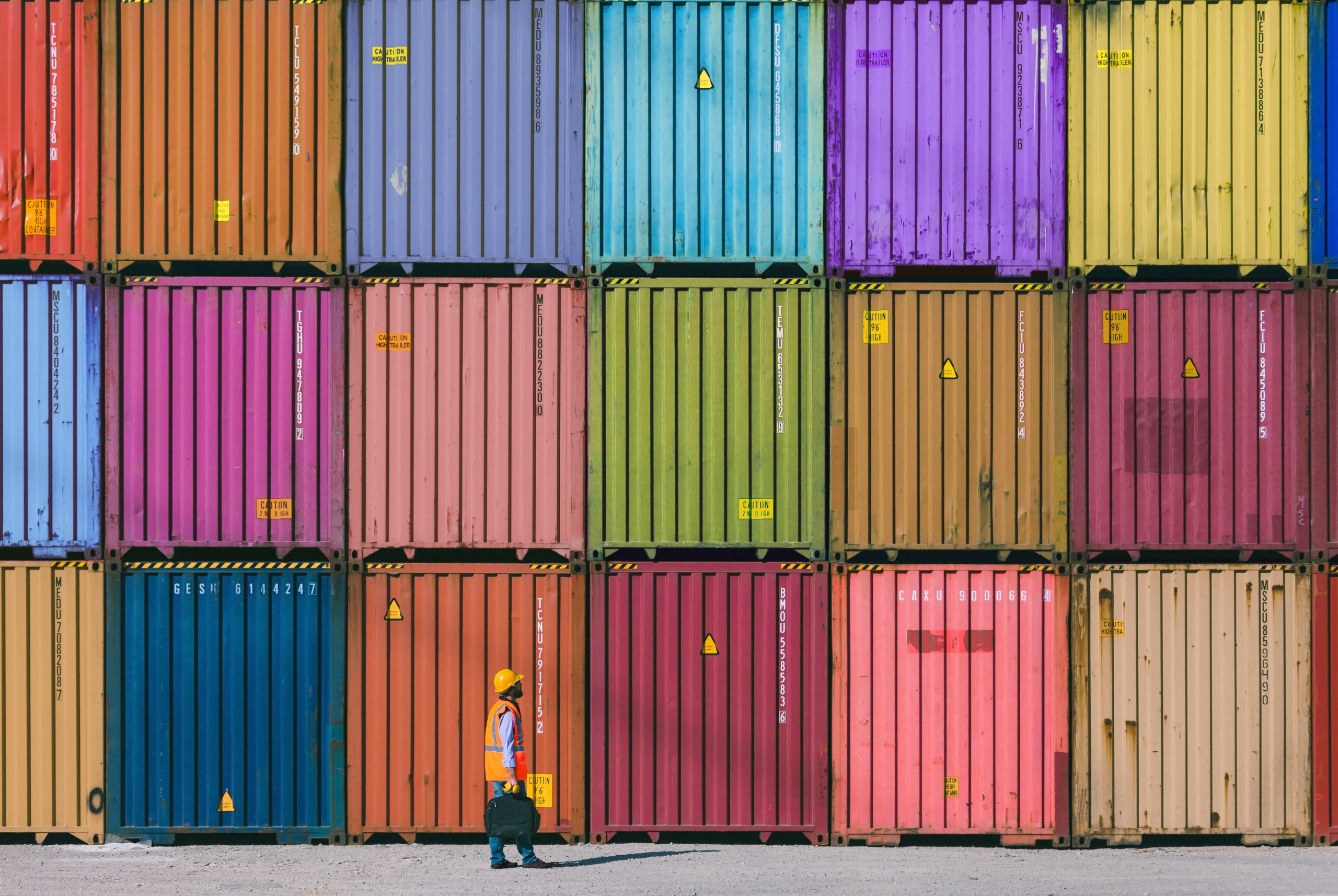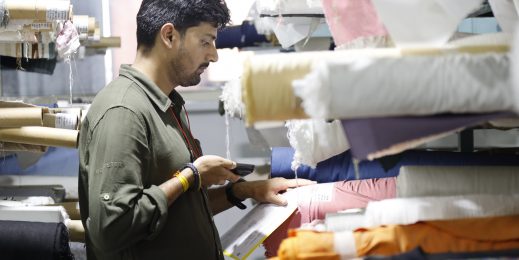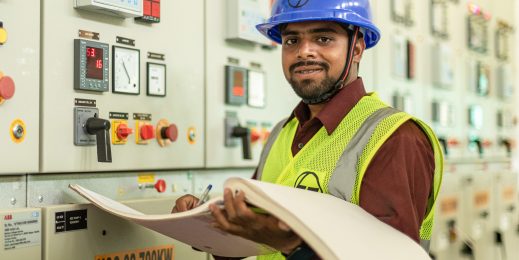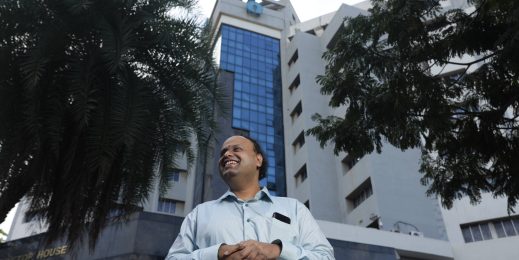
How Blue Yonder is building intelligent supply chains for a more sustainable planet
Blue Yonder’s platform is helping customers gain supply chain visibility to enable them reduce carbon footprint and save money
“A better supply chain means a better planet,” says Guru Ananthanarayanan, who heads the India business for Blue Yonder, which provides supply chain management tools to companies around the globe.
Think about it. Every product that reaches a consumer does so via a byzantine supply chain that produces carbon emissions and costs at every step.
For instance, that cup of yogurt you found in your neighborhood supermarket’s dairy section and decided not to buy because it was close to its expiry added to carbon emissions when it was manufactured, packed, and shipped. What’s more, even disposing it will lead to carbon emissions.
Making the world’s supply chains more efficient – so that the right products reach the right places at the right times – can make a huge difference to the environment as well as to the bottom line.
“One less optimized transportation route has a direct impact on fuel costs, carbon credits, and other related sustainability objectives. Our goal is to help our customers save US$100 billion worth of value from savings and efficiency by 2025,” adds Vishal Dhawan, group vice president, Asia Pacific, Blue Yonder.
At the heart of this vision is the Luminate Control Tower, an AI-powered supply chain logistics platform built on Microsoft Azure. Everything from hosting and processing data, to visualization, which is important to present plans and results of algorithms, is done on the Microsoft cloud.
“Azure’s built-in tools enable us to process huge amounts of data in a short timeframe and we’re leveraging those services to be able to quickly run scenarios and come back with outputs. If we had to write these from the scratch it would have taken us a few decades to get us where we are,” Guru says.
Luminate Tower Control not only identifies potential disruptions to supply chains of companies but also lists down untapped opportunities for businesses. It does so by considering past sales trends, conducting competitor analysis, and analyzing overall economic impacts of factors such as local festivals or a global pandemic or even a ship blocking the Suez Canal—anything that can impact supply, manufacturing, or demand.

During the Suez Canal blockage earlier this year, Blue Yonder was tracking over 200 containers with US$ 500 million worth of products on 30-odd vessels. With the world’s most vital shipping route blocked for nearly a week, Blue Yonder set up a cross functional team to actively monitor the situation. They gathered this real-time information through several sources or feeds, including daily news, weather updates, sensors installed on containers, and GPS.
Using the Luminate Control Tower’s capabilities, Blue Yonder was able to predict the arrival date of their customers’ goods at the intended port and the cascading delays that customers may have to face. They were also able to show the impact of the delay on the production capacities, sales, and eventually on the lives of their customers’ customers in real time.
“Using this information, our customers in turn were able to create what-if scenarios and start determining what they could do to deliver to high-priority clients,” Guru recollects. “Without Luminate Control Tower, they would have had to take decisions based on gut instinct. But now, they were able to take informed decisions because they had access to real-time data.”
The Suez Canal blockage was one of many events that have impacted logistics and supply chains around the world in recent times.
Currently, over 3,000 companies use Blue Yonder’s services. Many of them turned to Blue Yonder for solutions during the COVID-19 pandemic to help with the global supply chain disruptions, which caused an acute shortage of several products from sanitizers to toilet paper and everything in between.
Using its technology, businesses have managed to prepare alternate plans of production, storage, and distribution, thereby minimizing the impact of lockdowns and other restrictions.
“During the lockdowns, trucks carrying raw material and final goods could not move about freely. Our tools gathered real-time information about restrictions to suggest alternate routes to our customers. Similarly, if a supplier was in a containment zone, the tools suggested alternate suppliers to our customers,” Ananthanarayanan explains.
The Luminate Control Tower currently offers customers visibility, prediction and prescriptions for their supply chains. But the final frontier, according to Ananthanarayanan, would be when the company can autonomously create optimal supply chains – something they are currently working on.
“In the final stage, the Luminate Control Tower won’t just predict and prescribe it will also act and execute. It’ll be the equivalent of a self-driving car,” he says. “With the combination of Microsoft’s technology and our domain knowledge, we’re able to make the idea of autonomous supply chain a reality.”
Abhishek Mande Bhot is an independent writer and editor covering news, lifestyle, and luxury for publications in India and the US.

















